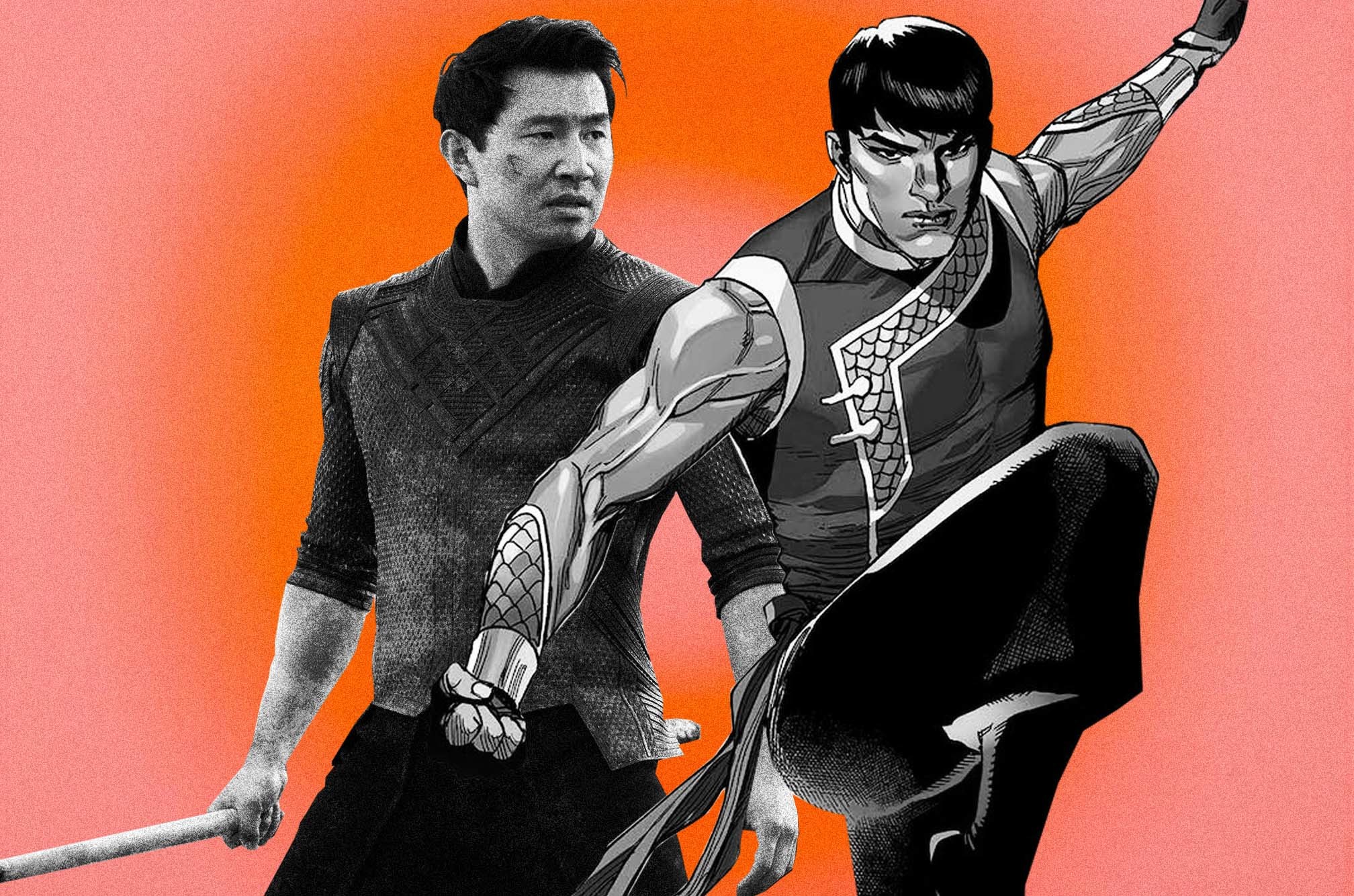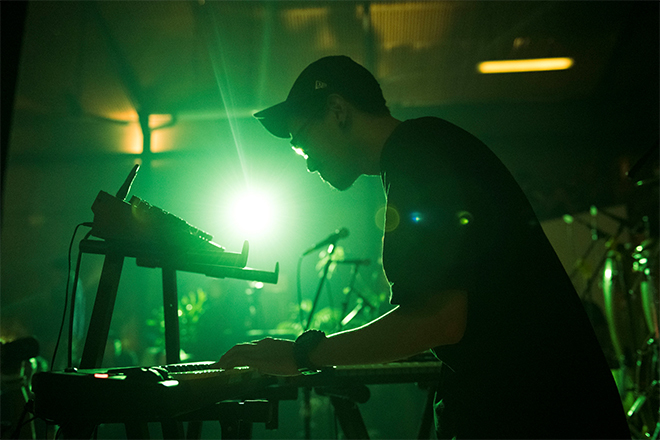Spaces
10 Facts about Shang-Chi & The Legend of The 10 Rings
A guide for the mystical journey of Marvel’s first superhero movie with an Asian lead
To celebrate Marvel’s Shang-Chi and The Legend of The 10 Rings, we are unfolding everything you need to know about the Asian superhero, from its rich yet obscure history, the star-studded cast, spectacular soundtrack, and of course, a spoiler-free review.
After the grandiose and arguably the busiest superhero movie of all time that is Avengers Endgame, Marvel is on the mission to expand their stellar lineup of Earth’s mightiest heroes with lesser-known characters. Shang-Chi, an unarmed combat master who was on Marvel shelves for decades, is now entering the ring to fight evil amongst other superheroes in Phase 4 of the grand and already-complicated Marvel Cinematic Universe.
Let’s dive in!
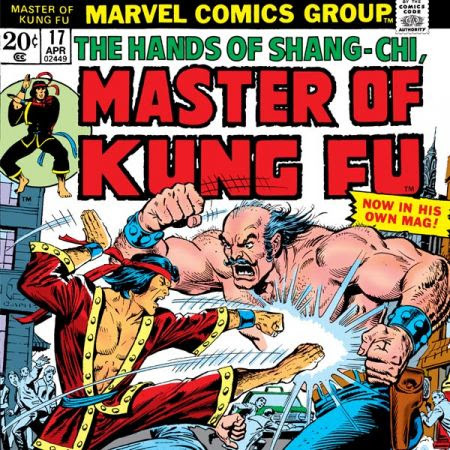
1
Debuting in 1973, Shang-Chi was a comic based on martial arts star Bruce Lee. Initially, Shang-Chi was intended to give mainstream audiences a glimpse into the then-mysterious martial arts and rich Asian culture.
2
In the beginning, there was a lot of discussion on how the character would be designed because at the time Asian characters ‘didn’t sell.’ When Shang-Chi was first introduced, he was half Asian and half caucasian who was destined to fight his evil father Fu Manchu, a martial art master and a hypnotizer.
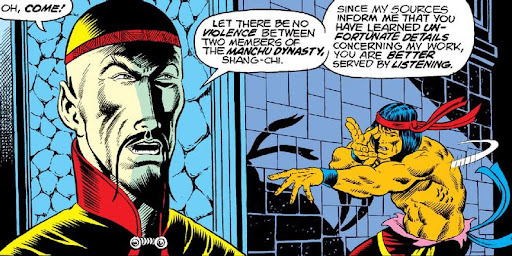
3
While the first issue was not a major success, Shang-Chi gained traction with its second issue, incidentally around the same time that Bruce Lee’s sudden death stunned the West. This later developed into the subgenre called ‘Bruceploitation.’ It has not been easy sailing for Shang-Chi though, as some consider Shang-Chi to be very stereotypical of Asians. Furthermore, the main villain, Fu Manchu, was designed with distinctively tiny eyes, long, wispy facial hair, and a gaunt face, which was and still is very prejudiced.
Steve Englehart, one of the creators of Shang Chi said in a recent interview, “He was problematic then and he’s problematic now. But that’s what we did in order to get the book out.” Marvel later replaced Fu Manchu with The Mandarin, a slightly modernized yet still offensive figure in the series.
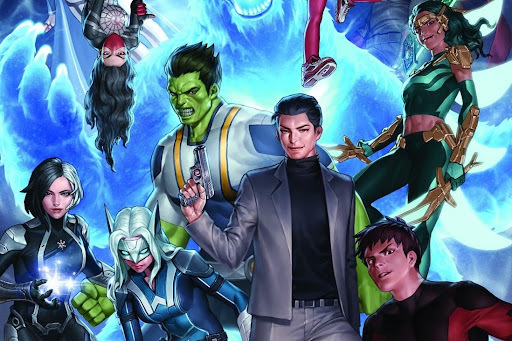
4
Shang-Chi fell back as the kung fu craze died down in the 80s, and eventually got axed. It was not until 2006 that Shang-Chi returned as one of the main characters in the Heroes For Hire series among other Asian American characters. In 2013, Shang-Chi reemerged again to join the Avengers as a mentor to Spiderman and slowly paved his way to return as a leading character in Agent of Atlas, a series designed to shed light on Asian American superheroes.
5
Marvel has always wanted to do a Shang-Chi movie. The earliest discussion started in 2001, yet it was not until Black Panther’s resounding success at the box office and critical success that pushed Marvel to bring the lesser-known hero to the silver screen. In December 2018, writer Dave Callaham was brought in as the head writer and later on joined by Asian-American director Destin Daniel Cretto. Callaham was widely praised for his work with The Expendables franchise while Cretton is responsible for the Oscar-winning melodrama Short Term 12.
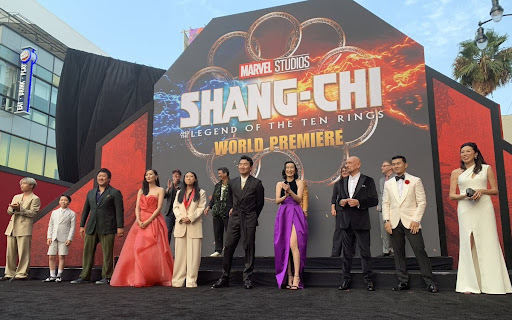
6
Shang Chi features a predominantly Asian cast and writing staff, with Kim’s Convenience’s Simu Liu playing the titular hero. Joining Simu is a star-studded cast including emerging stars Awkwafina, Meng’er Zhang, Ronnie Chiang, Fala Chen, as well as veterans Michelle Yeoh and Tony Leung.

7
Fans were overjoyed when legendary actor Tony Leung announced that he was making his Hollywood debut playing the antagonist WenWu in Shang-Chi. Western audiences might be unfamiliar with the Hong Kong actor, but Tony Leung is royalty in Asian cinema. Starting as an actor on TV, Tony Leung has over 100 acting credits, notably his stunning performances in Wong Kar Wai’s In The Mood Of Love, earning him the title of Best Actor at Cannes Film Festival in 2000. It’s worth mentioning that Martin Sorcece’s Oscar Best Picture The Departed was adapted from Infernal Affairs [無間道], a Hong Kong cop movie starring Tony Leung and Andy Lau. In the Hollywood adaptation, Leonardo Di Caprio played the equivalent role of Tony Leung. Now you know how big of a deal Tony Leung is.
8
The coolest thing about the Marvel Cinematic Universe is how characters from different titles will share the screen in one movie. Wong [played by Benedict Wang] is the trusty sidekick to Sorcerer Supreme Doctor Strange [the REAL first Asian superhero in MCU], who will make a cameo alongside Ironman 3’s villain The Mandarin [played by Ben Kingsley], in Shang-Chi.
9
Aside from the star-studded cast, Marvel is also releasing a thrilling soundtrack with Asian Hip Hop’s biggest names. Two weeks ahead of the theatrical release, Marvel released ‘Run It,’ a three-minute banger featuring Grammy winner DJ Snake, American rap superstar Rick Ross, and 88rising’s Rich Brian. Rich Brian is stepping up in the world and has got some ferocious bars, perfectly fitting for an action-packed Marvel flick.
10
88rising’s Warren Hue and NIKI, as well as Masiwei from Higher Brothers, are also featured on the Shang-Chi soundtrack. Other talent includes Korea’s singer-songwriter BIBI, R&B sweetheart Audrey Nuna, the impeccable Anderson. Pak, soulful singer Adawa, Saweetie, keshi, and more. Rather than dwelling on the typical oriental sounds, Marvel boldly embraces Hip Hop and R&B as the genre to represent contemporary Asian culture in Shang-Chi.
REVIEW
Without spoiling too much, let’s just say we have mixed feelings towards the very ambitious Shang-Chi and The Legend of The Ten Rings. In 123 minutes, Marvel delivers a crowd-pleasing blockbuster which we find unbalanced. As promised, there are tons of flashy, jaw-dropping combat scenes and CGI-heavy fight scenes, which end up being a bit lackluster. Plot-wise, Marvel’s attempt to adapt the Wuxia genre is unsteady as most characters don’t have much charm. Reckoning with family is an ongoing theme throughout the film, and despite the stunning performance given by Simu Liu and Tony Leung, Shang-Chi ends up with too many predictable scenes that have been played out for decades.
We are still happy that Marvel is taking baby steps to diversify its roster, but Hollywood needs to be aware that trope-heavy Asian representation is far from enough.
Catch Shang-Chi and The Legend of The Ten Rings in theaters near you.

